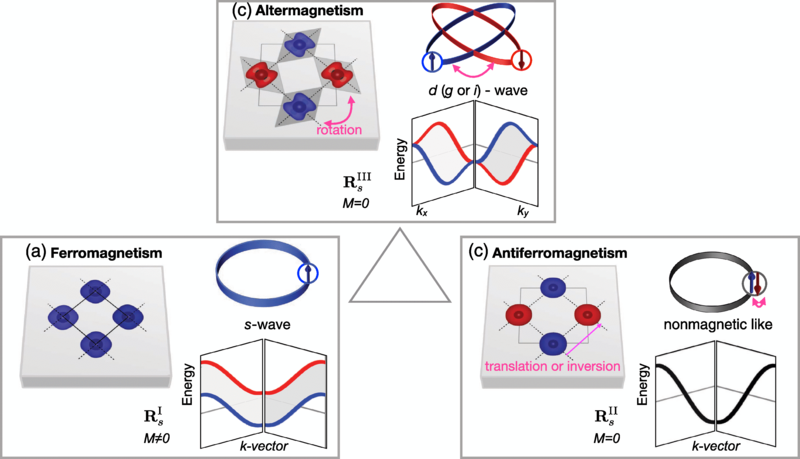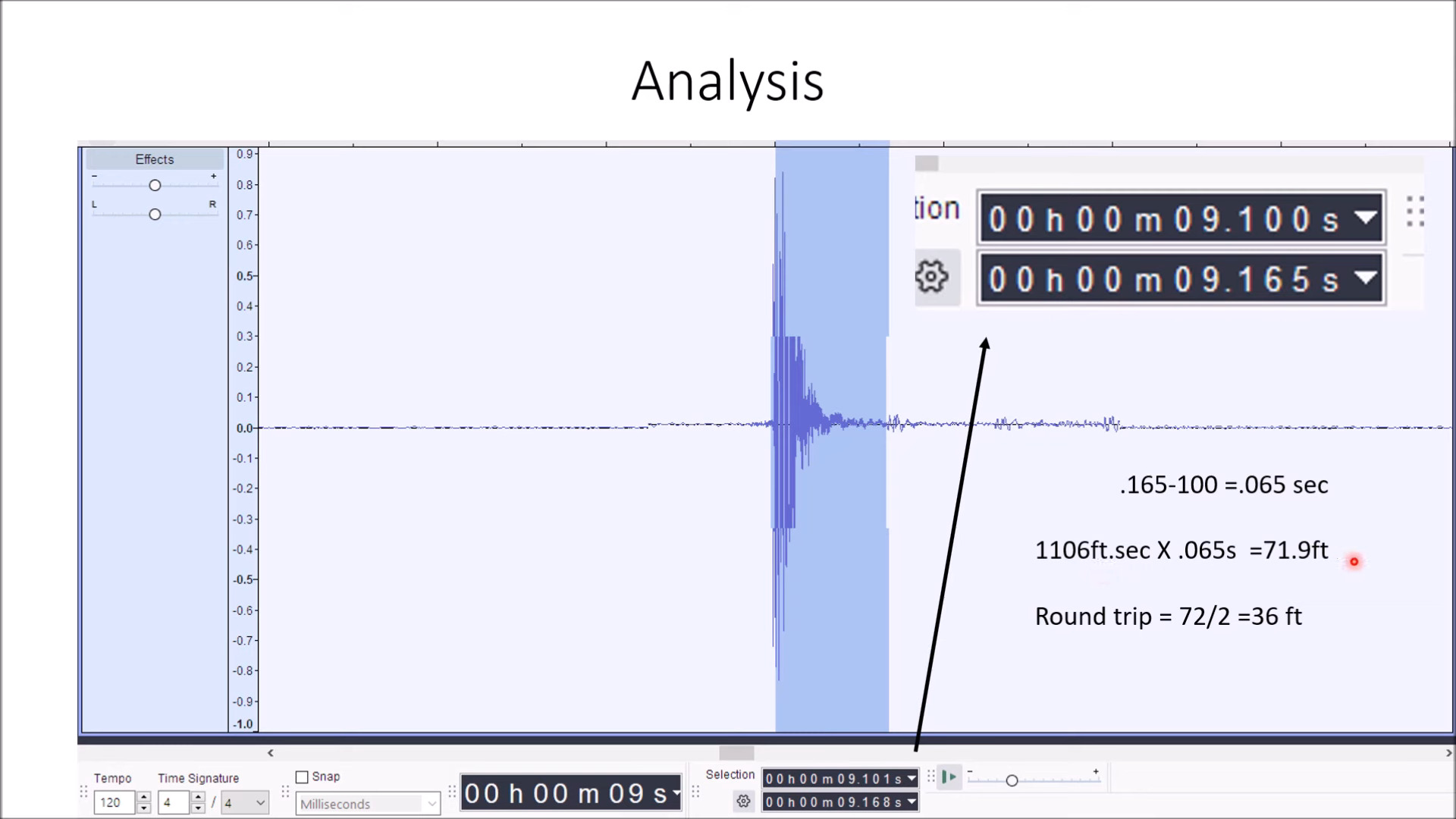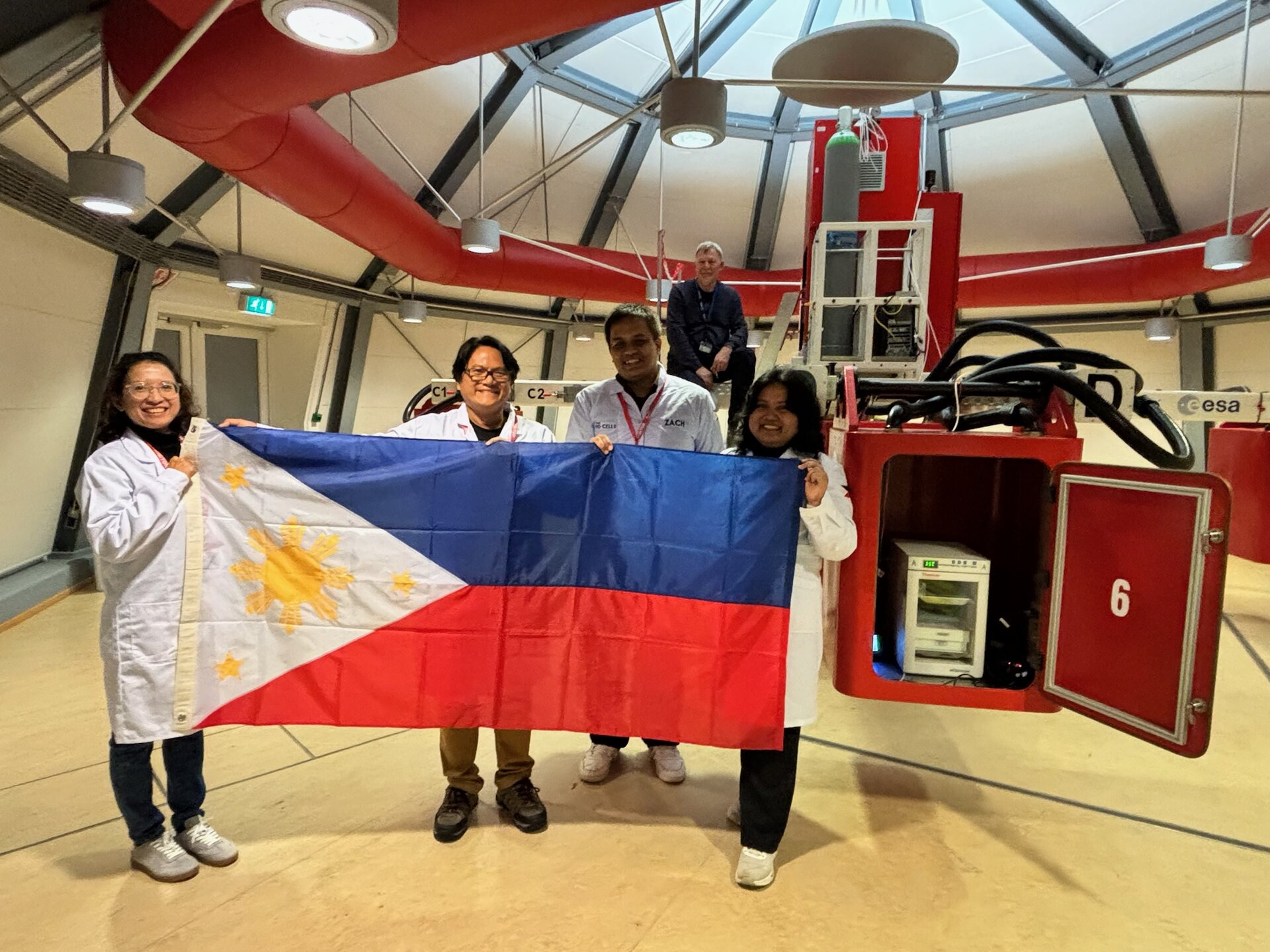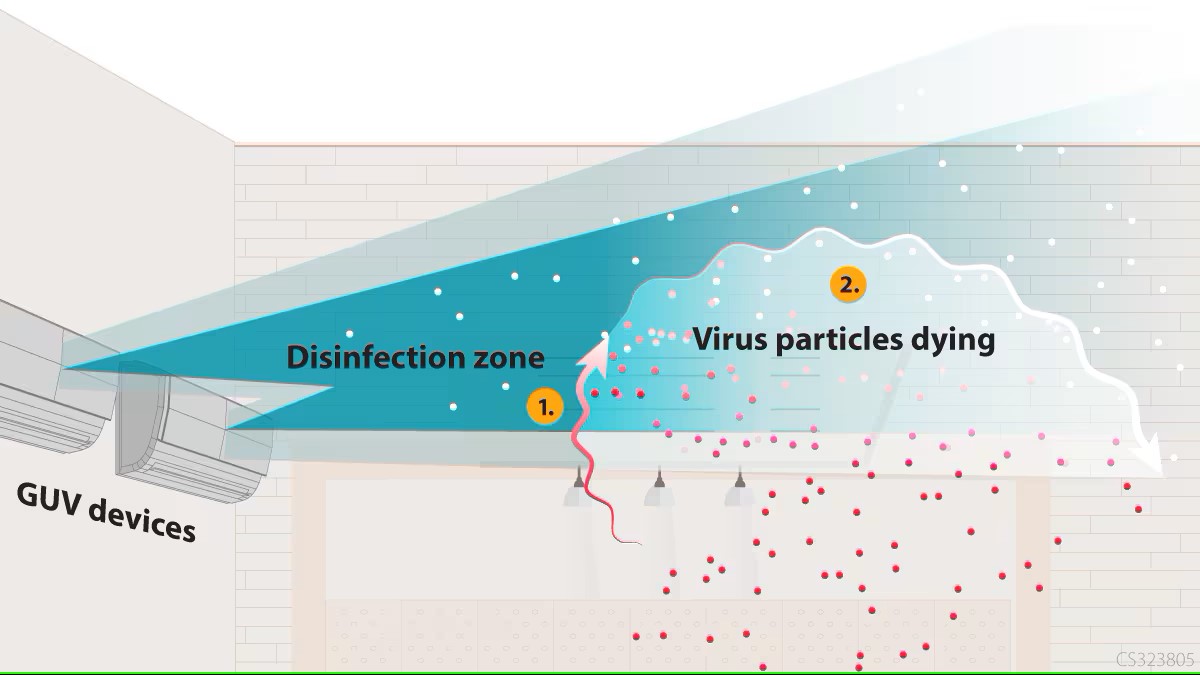#science
Journal that published faulty black plastic study removed from science index - Ars Technica
However, the authors made a math error in their analysis that put their estimate of exposure to toxins from kitchen utensils off by an order of magnitude. Corrected, the article notes that the exposure potential from kitchen utensils is actually less than a tenth of the limit considered safe by the Environmental Protection Agency. Further, the study found flame retardant contamination in less than 10 percent of the 203 household products it examined—and only about 8 percent of 109 kitchen utensils.
I did not know that the original paper was retracted
#kitchen #plastic #science
ESA and NASA deliver first joint picture of Greenland Ice Sheet melting


Global warming is driving the rapid melting of the Greenland Ice Sheet, contributing to global sea level rise and disrupting weather patterns worldwide. Because of this, precise measurements of its changing shape are of critical importance for adapting to climate change.
Now, scientists have delivered the first measurements of the Greenland Ice Sheet’s changing shape using data from ESA's CryoSat and NASA's ICESat-2 ice missions.
#news #space #science #esa #europeanspaceagency
posted by pod_feeder_v2
ESA 2025: A fifty-years legacy of building the future
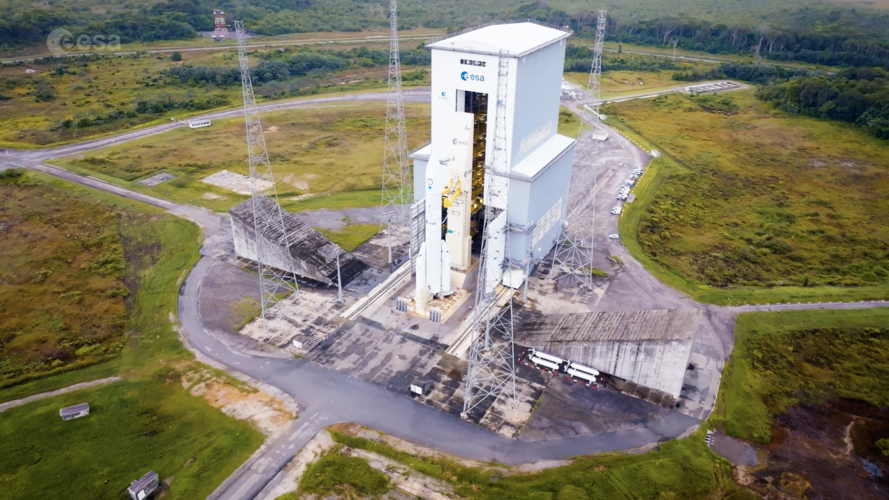
 Video: 00:10:27
Video: 00:10:27
In 1975, 10 European countries came together with a vision to collaborate on key space activities: science and astronomy, launch capabilities and space applications: the European Space Agency, ESA, was born.
In 2025, we mark half a century of joint European achievement – filled with firsts and breakthroughs in science, exploration and technology, and the space infrastructure and economy that power Europe today.
During the past five decades ESA has grown, developing ever bolder and bigger projects and adding more Member States, with Slovenia joining as the latest full Member State in January.
We’ll also celebrate the 50th anniversary of ESA’s Estrack network, 30 years of satellite navigation in Europe and 20 years since ESA launched the first demonstration satellite Giove-A which laid the foundation for the EU’s own satnav constellation Galileo. Other notable celebrations are the 20th anniversary of ESA’s Business Incubation Centres, or BICs, and the 30th year in space for SOHO, the joint ESA and NASA Solar and Heliospheric Observatory.
Sadly though, 2025 will mean end of science operations for Integral and Gaia. Integral, ESA's gamma-ray observatory has exotic objects in space since 2002 and Gaia concludes a decade of mapping the stars. But as some space telescopes retire, another one provides its first full data release. Launched in 2023, we expect Euclid’s data release early in the new year.
Launch-wise, we’re looking forward to Copernicus Sentinel-4 and -5 (Sentinel-4 will fly on an MTG-sounder satellite and Sentinel-5 on the MetOp-SG-A1 satellite), Copernicus Sentinel-1D, Sentinel-6B and Biomass. We’ll also launch the SMILE mission, or Solar wind Magnetosphere Ionosphere Link Explorer, a joint mission with the Chinese academy of science.
The most powerful version of Europe’s new heavy-lift rocket, Ariane 6, is set to fly operationally for the first time in 2025. With several European commercial launcher companies planning to conduct their first orbital launches in 2025 too, ESA is kicking off the European Launcher Challenge to support the further development of European space transportation industry.
In human spaceflight, Polish ESA project astronaut Sławosz Uznański will fly to the ISS on the commercial Axiom-4 mission. Artemis II will be launched with the second European Service Module, on the first crewed mission around the Moon since 1972.
The year that ESA looks back on a half century of European achievement will also be one of key decisions on our future. At the Ministerial Council towards the end of 2025, our Member States will convene to ensure that Europe's crucial needs, ambitions and the dreams that unite us in space become reality.
So, in 2025, we’ll celebrate the legacy of those who came before but also help establish a foundation for the next 50 years. Join us as we look forward to a year that honours ESA’s legacy and promises new milestones in space.
#news #space #science #esa #europeanspaceagency
posted by pod_feeder_v2
Producing fuel on Mars using astronaut wastewater


In future missions to Mars, astronauts will need to maximise the use of all resources available on site to produce essential supplies like oxygen, water and fuel. A team from Spanish technological centre Tekniker and the University of Cantabria is developing a system that uses sunlight to turn carbon dioxide and wastewater into methane, which can be used as fuel.
#engineering #technology #space #science #esa #europeanspaceagency
posted by pod_feeder_v2
Happy holidays from Hera!

 Image: Happy holidays from Hera!
Image: Happy holidays from Hera!
#engineering #technology #space #science #esa #europeanspaceagency
posted by pod_feeder_v2
Hera asteroid mission in your house
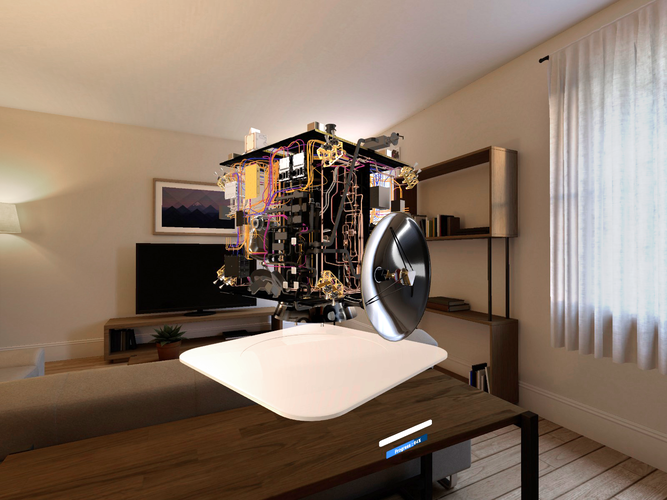
 Image: Hera asteroid mission in your house
Image: Hera asteroid mission in your house
#news #space #science #esa #europeanspaceagency
posted by pod_feeder_v2
Year in images 2024


Year in images 2024
Our year through the lens: a selection of our favourite images for 2023
#news #space #science #esa #europeanspaceagency
posted by pod_feeder_v2
Earth from Space: Star cities

 Image: With the festive season approaching, even Earth-observing satellites are getting into the spirit, capturing a stunning compilation of European cities that resemble stars.
Image: With the festive season approaching, even Earth-observing satellites are getting into the spirit, capturing a stunning compilation of European cities that resemble stars.
#news #space #science #esa #europeanspaceagency
posted by pod_feeder_v2
Philippines team add hypergravity for stronger bone cells
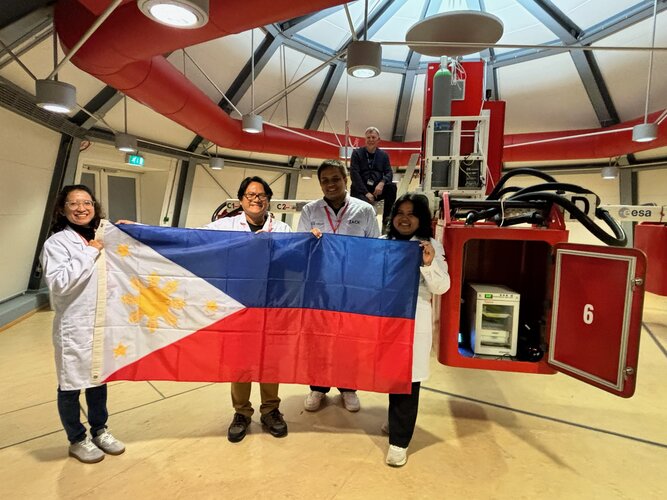

A team of researchers from two universities in the Philippines made use of ESA’s Large Diameter Centrifuge to test the growth of bone cells in hypergravity. The results of their experiment could improve bone implant technology, as well as help support seaweed farming communities across the country.
#engineering #technology #space #science #esa #europeanspaceagency
posted by pod_feeder_v2
Cosmic jingles: listen to Euclid’s image of M78

 Video: 00:01:22
Video: 00:01:22
An ethereal dance of misty clouds of interstellar dust with a myriad of distant stars and galaxies speckled like paint drops over a black canvas. This is a sonification of a breathtaking image taken by ESA's Euclid space telescope of the young star-forming region Messier 78.
The sonification offers a different representation of the data collected by Euclid, and lets us explore the stellar nurseries in M78 through sound. Close your eyes and listen to let the cosmic image be drawn by your mind’s eye, or watch as the traceback line in this video follows the sounds to colour the image from left to right.
The twinkling sounds of various pitches and volumes represent the galaxies and stars in the frame. The pitch of the sound points towards where we see the dot of light in the image. Higher pitches tell us that a star or galaxy appears further at the top in the image along the traceback line.
The brightness of these objects in and around M78 are represented by the volume of the twinkles. Whenever we hear a particularly loud clink, the star or galaxy that Euclid observed appears particularly bright in the image.
Underlying these jingling sounds, we can hear a steady undertone, made up of two chords which represent different regions in Messier 78. This sound intensifies as the traceback line approaches first the brightest, and later the densest regions in the nebula.
The first two deeper crescendos in this undertone indicate two patches in the image where the most intense colour is blue/purple. These appear as two ‘cavities’ in M78, where newly forming stars carve out and illuminate the dust and gas in which they were born.
The chords intensify a third time at a slightly higher pitch corresponding to the red-orange colours in the image, as the sound draws over the densest star-forming region of the frame. This stellar nursery is hidden by a layer of dust and gas that is so thick that it obscures almost all the light of the young stars within it.
As the sound traces over the entire Euclid image, these different tones together form a cosmic symphony that represents the image of Messier 78, and the stars and galaxies that lie behind and within it. You can read more about this image that was first revealed to the eyes of the world earlier this year here.
Many thanks to Klaus Nielsen (DTU Space / Maple Pools) for making the sonification in this video. If you would like to hear more sonifications and music by this artist, please visit: https://linktr.ee/maplepools
#news #space #science #esa #europeanspaceagency
posted by pod_feeder_v2
Aurora Australis in Antarctica
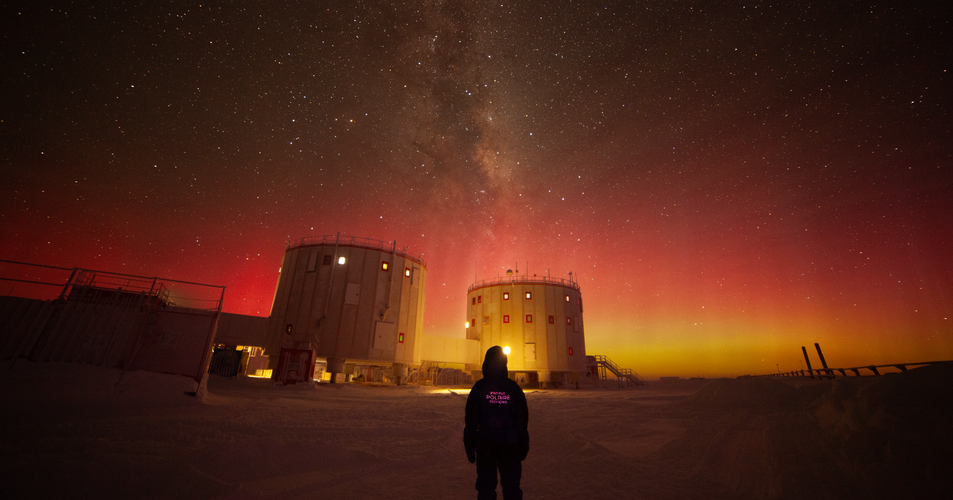
 Image: The southern lights at Concordia station in Antarctica
Image: The southern lights at Concordia station in Antarctica
#news #space #science #esa #europeanspaceagency
posted by pod_feeder_v2
Join ESA FutureNAV Industry Day 2025


The first FutureNAV Industry Day, on 18 February 2025, will bring together European stakeholders in satellite navigation to explore the future of positioning, navigation and timing (PNT) technologies. This gathering will spotlight emerging opportunities and foster a network of European companies in the PNT and GNSS sector. Don't miss this chance - secure your spot by registering here.
#navigaton #space #science #esa #europeanspaceagency
posted by pod_feeder_v2
Le scientifiquement prouvé et l'appel au complot, les deux faces d'une erreur épistémique
#science #connaissance #épistémologie
https://yewtu.be/watch?app=desktop&v=Yt8WjvthM_0
https://www.youtube.com/watch?app=desktop&v=Yt8WjvthM_0








